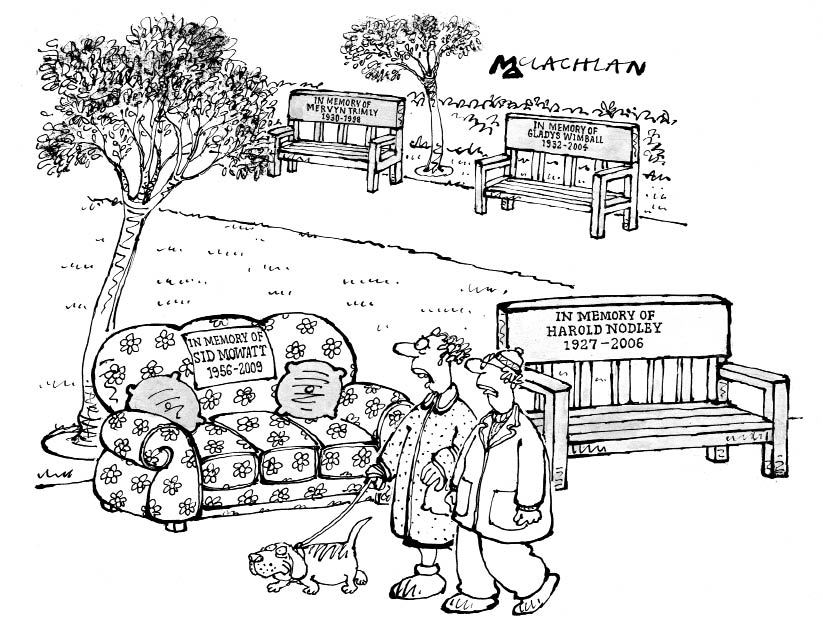The RSC isn’t limited to Shakespeare.
The RSC isn’t limited to Shakespeare. It’s also one of the richest and most prolific fringe operations in the country. ‘We have between 30 and 40 writers working on plays for us at any one time.’ Golly. Some Stratford bigwig wants to tell the tale of the Russian space programme so a Casualty writer, Rona Munro, has been hired to knock out a script. The programme note is an act of contrition. ‘I have had to take some glaring liberties with time and space and imagined events,’ Munro confesses. A strange approach to scientific history. ‘I ask forgiveness of the dead,’ she goes on, ‘and the indulgence of the living, some of whom have been fictionalised.’ OK, love. Let’s see the play.
We open in a gulag in 1938 where physics genius Sergei Korolyov has been sentenced to death. He’s reprieved and offered a job in Moscow by a gunslinging guard. ‘Get walking, Comrade. Only 9,000 km to go.’ Is that a joke or the dreadful truth? Hard to say. Korolyov pitches up in the capital and takes command of a crack team of physicists who, like him, are all still officially on the death list. Khrushchev bumbles in, mashed on vodka, and pardons them on the spot. Did that happen? Dunno. Interesting to find out but the writer has already admitted to Book at Bedtime tendencies.
The scruffy, grimy sets by Ti Green are good, and the chaotic, brutal culture of a gangster government comes across well. But the writer’s technique is crude and noisy. She likes to throw two issues into a single scene and switch from one to the other. This keeps the actors busy prattling and bustling about but it entirely bamboozles the audience. They can’t see where the dramatic focus lies. That’s because the writer can’t either. At the climax, the special effects struggle to meet the grandeur of the moment.
Mighty whooshings of dry ice burst through some open doors as Yuri Gagarin hooks himself on to a metal trapeze and rises two feet above the stage. For some reason he’s dressed in Guantanamo rompers and a Darth Vader helmet at this point. Behind him blue fairylights twinkle prettily and he twirls head over heels a few times, clearly out of control. ‘It’s good,’ he says, upside-down. ‘It’s not unpleasant at all. I like it. You can’t believe how beautiful the earth is.’
After this mundanely worded triumph, the Soyuz programme falls into decline. Khrushchev is deposed by Brezhnev who carelessly destroys Korylov’s legacy. The great physicist dies of a heart attack. Or does he? Possibly another ‘glaring liberty’. Laborious, worthy and trite, this play could never have come into existence in the commercial theatre. And at the curtain-call no fewer than 17 players crept timidly on to the stage and cupped their ears to hear the pitter-patter of applause. Seventeen! Not even the Soviets would lavish such riches on so weeny a bauble. The ‘faster and deeper’ lobby will see Little Eagles as a terrific propaganda tool. At all costs the RSC must prevent any senior member of government from getting a ticket. Jeremy Hunt would hit the roof. As for Eric Pickles, he’d fly through the hole left by Jeremy Hunt and disappear into outer space.
At Battersea 503 a new play by Suzie Miller examines the daring topic of estate agents. Daring because real estate is already too firmly established in our culture as a subject of ridicule and disgust. Predictably enough, the show opens with a power-crazed Welsh boss booting a rugby ball around the office and yelling ‘Hit the phones!’ at his cowering workers. The characters are platitudes in jackets and trouser-suits: a busty young receptionist, an ageing cynic, a sexy middle-aged hustler and an inept and picked-on newcomer.
But gradually the mask slips and the clichés evolve into human beings. We start to sympathise and care. The plot concerns a comic scramble between the agents to sell a Hampstead mansion knocked down to ‘just £10 million’ because the kitchen still bears the blood stains of a family massacre. Numerous opportunities for merriment are presented by that storyline but the writer, wisely, prefers to concentrate on sentiment and emotion.
The play’s heart is the story of Anthony, estranged from his wife and daughter, and struggling to grieve for his stillborn first child. ‘I’m thinking about my dead son. And I’m trying to touch the receptionist. That’s the man I’ve become.’ At moments like that Miller’s writing has genuine concentration and force. Occasionally, she shows a knack for characterful comedy, too. But she’ll realise her potential far quicker by choosing topics that she, and her audiences, can approach with an open mind.







Comments